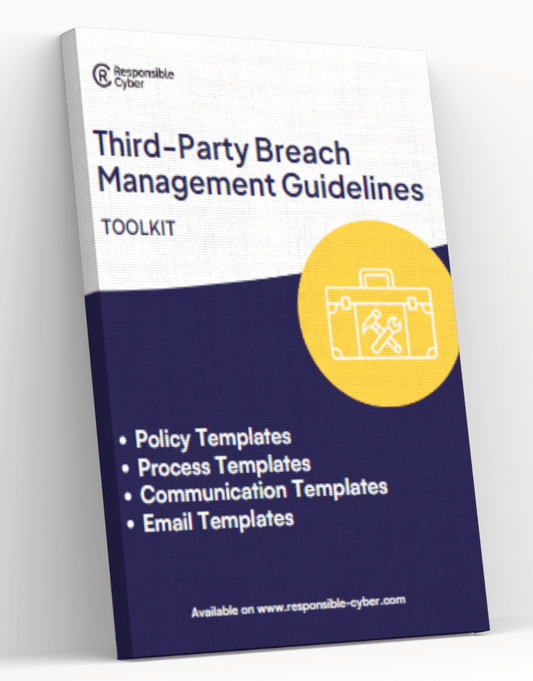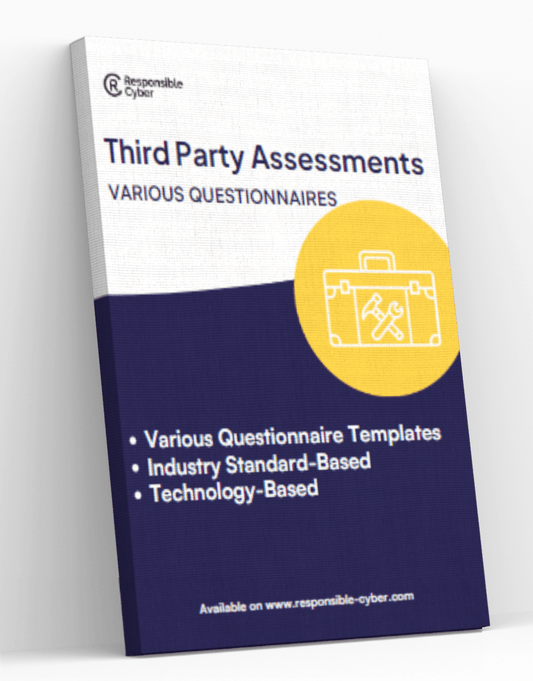Guide to Customer and Vendor Risk Assessment Software

In an era where businesses must navigate complex webs of relationships, managing risks associated with both customers and vendors is crucial. The importance of risk assessment extends across financial, operational, compliance, and reputational aspects of a business. Customer and vendor risk assessment software provides a structured approach to managing these risks, helping companies maintain stability and integrity. This article delves into the critical features, benefits, and practical applications of such software, emphasizing its role in modern business practices.
The Importance of Risk Assessment in Modern Business
Risk assessment is critical in managing potential threats that could impact a company's financial stability and operational efficiency. This process helps in anticipating issues before they escalate, allowing businesses to take preventative measures. Both customer and vendor risk assessment play complementary roles in ensuring a holistic approach to risk management:
-
Customer Risk Management: Evaluating the risk associated with customers ensures that a business can maintain a healthy cash flow and minimize defaults on payments. It also helps in identifying potentially fraudulent activities and assessing credit risk which is crucial for setting terms of service that protect the business's interests.
-
Vendor Risk Management: This involves scrutinizing the reliability and stability of suppliers. Effective vendor risk management ensures that supply chains are secure and resilient, protecting a company from the risks of supply chain disruptions which can lead to operational downtimes and loss of market credibility.
What is Customer and Vendor Risk Assessment Software?
This specialized software aids businesses in evaluating and managing risks associated with their external relationships. It combines data analytics, risk scoring, and reporting tools to offer a detailed perspective on potential risks posed by business partners.
Key Features of Risk Assessment Software
- Risk Identification: Detects potential risk factors using advanced algorithms.
- Risk Analysis: Assesses the impact and likelihood of risks using statistical models.
- Monitoring and Reporting: Provides continuous updates and detailed reports on risk status.
- Compliance Management: Ensures adherence to regulatory standards.
Benefits of Using Customer and Vendor Risk Assessment Software
- Informed Decision-Making: Businesses can make strategic decisions with a clear understanding of the risk landscape.
- Cost Efficiency: Early risk identification helps in avoiding financial losses and operational hiccups.
- Regulatory Compliance: Assists businesses in meeting legal and ethical standards.
- Supply Chain Resilience: Enhances the reliability and efficiency of supply chains.
Practical Applications of Risk Assessment Software
- Financial Sector: Banks assess clients' creditworthiness and compliance to minimize financial risks.
- Manufacturing: Ensures supplier reliability to avoid production disruptions.
- Healthcare: Confirms vendor compliance with health and safety regulations.
- Retail: Manages the risks of diversifying suppliers, especially in new markets.
Choosing the Right Software
Selecting the right software involves understanding a company’s specific needs. Key factors include customizability, scalability, user interface, integration capabilities, and the availability of support and training.
FAQs on Customer and Vendor Risk Assessment Software
-
Why is it important to assess both customer and vendor risks?
- Assessing both customer and vendor risks provides a comprehensive risk management strategy. While vendor risks affect supply chain and operational efficiency, customer risks impact financial stability and compliance.
-
How does risk assessment software integrate with other business systems?
- Most risk assessment platforms can integrate with ERP, CRM, and other financial software to provide seamless risk management across all business functions.
-
Can this software handle international risk assessment?
- Yes, most modern risk assessment tools are designed to handle global risk factors, accommodating different regulatory environments and international business practices.
-
What is the typical cost of implementing such software?
- Costs vary depending on the software's scope, customization, and scalability needs. Businesses should consider both initial setup costs and ongoing maintenance expenses.
Conclusion
Customer and vendor risk assessment software is essential for managing the complex risks in today’s business environment. It not only supports financial stability and operational efficiency but also enhances compliance and supply chain resilience. For those seeking a robust risk management solution, RiskImmune offers a dynamic platform tailored to meet the evolving needs of businesses, ensuring security and growth in customer and vendor interactions.
Read more:
- Addressing Universal Business Challenges: Cybersecurity, Supply Chain, and Regulatory Compliance
- Comprehensive Guide to Third-Party Risk Management Policy
- Developing a Comprehensive Third-Party Risk Management Program: A Legal Compliance Guide
- The Future of Third-Party Risk Management and Legal Compliance: Emerging Trends and Technologies







